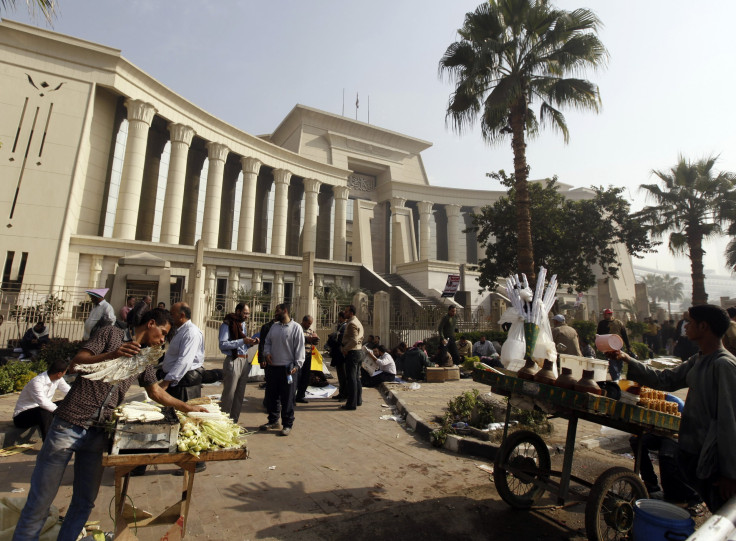Egyptian And Tunisian Constitutions Favor Intellectual Property Rights – Here’s Why That’s Important

Both Egypt and Tunisia adopted new constitutions this year, three years after their revolutions, and both have specific provisions to protect intellectual property rights. Experts say this is an essential move to support a “knowledge economy,” which could be one way out of the countries' dire economic straits.
“The knowledge economy-related clauses in the constitutions of Egypt and Tunisia reflect the growing priority given by these countries to promoting innovation and creativity within the new socio-economic policies pursued since the Arab Spring,” Ahmed Abdel-Latif, a former Egyptian intellectual property negotiator and program manager at the International Center for Trade and Sustainable Development in Geneva, wrote in a blog post.
In January of this year, Egyptians voted in favor of their new constitution, which replaced a 2012 version linked to deposed President Mohamed Morsi. Article 23 states that the “state guarantees the freedom of scientific research and encourages its institutions as a means towards achieving national sovereignty, and building a knowledge economy.” It also allocates at least 1 percent of the country’s GDP toward science and research.
The Tunisian constitution, ratified just over a week later, requires the state to provide the “means necessary to the development of technological and scientific research.”
“The Arab Spring uprisings sounded a political alarm throughout the region, attesting to a thirst for change after decades of stagnation. But huge problems remain, chief among them the need for more and better jobs, particularly for the young, whose rates of joblessness are the worst in the world,” reads a report from the World Bank, European Investment Bank and other organizations, published last year.
The unemployment rate in Egypt topped 13 percent last year, with youth representing more than 70 percent of the jobless, according to the Central Agency for Public Mobilization and Statistics. About 15.3 percent of Tunisia’s workforce is unemployed, according to the National Institute of Statistics.
One way to boost local markets is to make them more attractive.
“A new type of development strategy driven by innovation is needed in Arab countries to cope with the daunting challenges – chief among them unemployment – they face,” the 2013 Global Innovation Index reported. “This new approach calls for higher growth rate regimes sustained by strong innovation and entrepreneurship efforts.”
A friendly business environment is necessary to encourage this, which means favorable growth, and protection for intellectual property rights. Ideally, this will foster the creation of a “knowledge economy” that will make enterprises more competitive globally, and set to take advantage of more opportunities.
“Intellectual property regimes have been established on the fundamental trade-off that intellectual property rights are a special privilege given to right-holders for the economic exploitation of their works, and designed to serve the public purpose of promoting the progress of science and culture,” Egyptian Ambassador Dr. Walid M. Abdelnasser told the United Nations Human Rights Council in Geneva on Friday.
These two post-revolution countries are attempting to use their constitutions to do just that. But their approach is surprisingly rare.
According to Abdel-Latif, only Libya, Sudan and the United Arab Emirates contain the same kind of explicit references in their constitutions among Arab lands.
“It is noteworthy that the two constitutions contain clauses which give high priority to building a knowledge economy and which provide for the protection of intellectual property rights at the constitutional level, for the first time in the history of these countries,” he wrote.
Last month, French President Francois Hollande told officials and other world leaders Tunisia’s new constitution “is a hope and an example for other countries.”
© Copyright IBTimes 2025. All rights reserved.






















